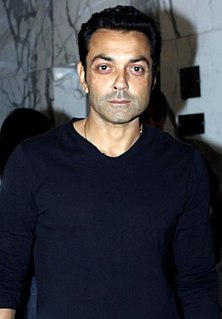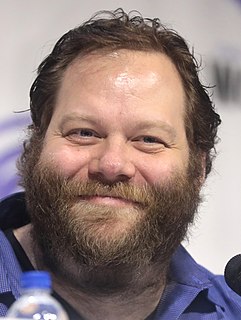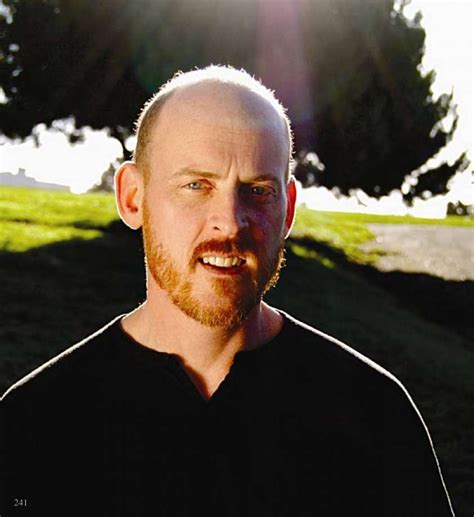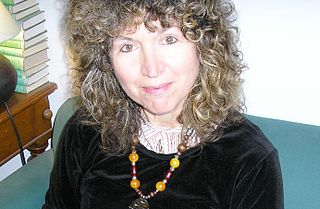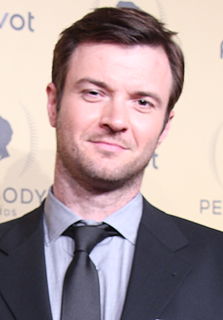A Quote by Bobby Deol
Every love story or Hindi film has the same story, but what makes it different is the treatment it's given. Much depends on how it is stylised, how the characters are moulded, and how the story is treated.
Related Quotes
Literature is an aspect of story and story is all that exists to make sense of reality. War is a story. Now you begin to see how powerful story is because it informs our worldview and our every action, our every justification is a story. So how can story not be truly transformative? I've seen it happen in real ways, not in sentimental ways or in the jargon of New Age liberal ideology.
If you gauge how you're doing on whether somebody is responding vocally or not, you're up a creek. You can't do that; you kind of have to be inside of your work and play the scene. And tell the story every day. Tell the story. Tell the story. Regardless of how people are responding, I'm going to tell the story.
I've been a huge fan of Hal Ashby forever. And I think that the distinctive thing about 'Coming Home' is the love story, and how - kind of emotionally real it is, and how these two characters allow each other to see their - kind of vulnerabilities. And it's great because it's a love story that's not really that cheesy, either.
The biggest threat to your creativity is the fear that it's already been done, said, created. (So why bother?)
Say it, do it, make it anyway - but tell YOUR story along the way.
The story of how you came to know what you know.
The story of what you want to know more of.
The story of why you do what you do.
The story of how you came to care.
And that's how you create what's never been created before.
I was thinking about framing, and how so much of what we think about our lives and our personal histories revolves around how we frame it. The lens we see it through, or the way we tell our own stories. We mythologize ourselves. So I was thinking about Persephone's story, and how different it would be if you told it only from the perspective of Hades. Same story, but it would probably be unrecognizable. Demeter's would be about loss and devastation. Hades's would be about love.
In film, you have to present everything on the screen so it's the opposite of what I usually do with storytelling. It forced me to think about how people walk, where they sit at that moment. With Princess of Nebraska, it was just fun to watch because the movie was so far from the story. It was very much a different story.
Animation story boarding works differently than live action story boarding. The story crew along with a writer really does shape and create the film - the world and it's characters. We meet almost every day and brainstorm the plot of the film. It's a highly collaborative process - and we continue to improve the story until we literally run out of time.
